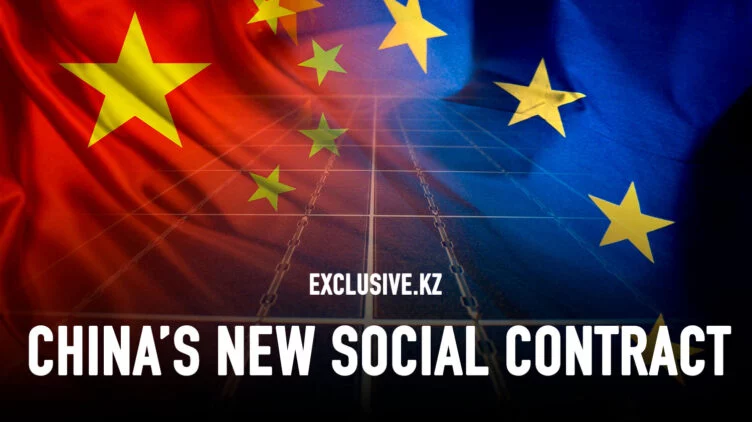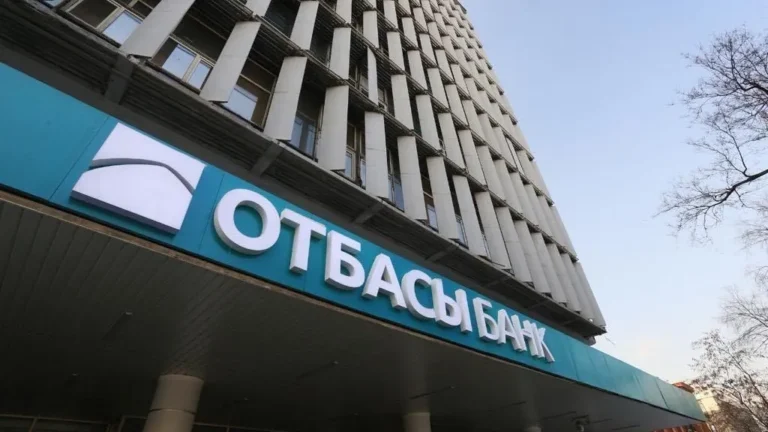Why does engagement remain crucial?

Europe’s view of China has evolved rapidly in recent decades. What began as a broad lack of knowledge about the country gave way to curiosity about its history and culture. China’s economic rise further piqued Europeans’ interest, particularly after the country’s 2001 accession to the World Trade Organization. Over time, Europe became reliant on cheap Chinese goods, and China’s burgeoning market became increasingly lucrative, especially for German automakers.
In the last few years, however, the European Union has viewed China largely through the lens of strategic competition. It has accused the Chinese of engaging in unfair trade practices, arguing that state-owned and state-supported firms enjoy excessive advantages in strategic sectors. It has sounded the alarm over China’s dominance over supply chains and its control of critical minerals. And it has expressed concern about China’s increased geopolitical ambition.
It was with this background in mind that I arrived in Beijing recently, on a trip organized by the Communist Party of China. And what struck me above all was not evidence of China’s global rise, but rather the country’s internal dynamics – in particular, the shifting provisions of the social contract that underpins the CPC’s rule.
For decades, China’s social contract amounted to a straightforward bargain: the state delivers strong economic growth – with the associated opportunities – and the people accept curbs on their civil liberties and political freedom. This contract emerged under Deng Xiaoping, who initiated China’s “reform and opening up,” and whose gospel of wealth – “to get rich is glorious” – shaped China’s meteoric rise.

But China’s economy has suffered a series of blows in recent years. The COVID-19 pandemic – and the draconian lockdowns the government imposed in response – caused growth to fall sharply, as it did elsewhere in the world. China’s economy, however, never fully recovered. Instead, it endured a real-estate crisis, a sharp decline in foreign investment, and falling consumer and business confidence, owing partly to unpredictable, ideology-driven macroeconomic and regulatory policies.
The CPC is taking steps to accelerate economic recovery. After third-quarter data revealed that growth had again fallen short of the government’s 5% target, China’s leaders signaled a shift, for the first time in 14 years, from a “prudent” monetary policy to a “moderately loose” one, and suggested that 2025 will bring a “more proactive” fiscal policy. This approach aims to boost domestic demand, which has been sluggish; but exports – not least to Europe – remain essential to keep the economy afloat.
Even if China overcomes its immediate challenges, however, its economy has developed past the point where double-digit growth can form the basis of the social contract. This is not lost on Chinese President Xi Jinping – the self-proclaimed “pilot at the helm” (a thinly-veiled reference to the “Great Helmsman,” Mao Zedong) – who has increasingly sought to shift the foundations of his regime’s legitimacy from growth to security. Now, China’s government is promising to ensure citizens’ well-being, such as by protecting the environment, and to foster “common prosperity,” for example by strengthening support for rural workers flocking to cities.
This approach is not only central to Xi’s so-called Chinese Dream of national rejuvenation; it also supports China’s bid to enhance its international standing by positioning itself as a global climate leader. At this year’s United Nations Climate Change Conference (COP29), China’s leaders touted the $24.5 billion in climate finance that, according to its own opaque calculations, it has delivered to developing countries since 2016.
Green investment is also happening at home. China accounts for about two-thirds of the solar and wind projects under construction worldwide, and the country reached its 2030 target for installed renewable-energy capacity six years ahead of schedule. To be sure, China was also responsible for 95% of the world’s new coal-power construction last year. But, while the CPC is under pressure to deliver sufficient energy to support its growing economy, its incentive for climate action should not be underestimated.
Beyond geopolitical considerations, China’s climate leadership is a response to the demands of the country’s citizens, who have grown increasingly anxious about the environmental damage that accompanied rapid development. Air pollution is responsible for around two million deaths in China each year, and the water supply is both limited and polluted. When Xi speaks of “blue skies, green fields, and clean water,” he is doing so for foreign and Chinese audiences alike.
Chinese also expect their leaders to deliver on their promise of economic security. Since Xi introduced the idea of “common prosperity” in 2021, inequality in China – especially between regions – has increased. This helps to explain why so many people are eager to leave their less prosperous rural hometowns in search of opportunities in China’s dynamic cities. With the urbanization rate expected to approach 70% over the next five years, supporting the well-being of city residents will be a key challenge for Xi’s government.
Seeing all of this firsthand – catching glimpses of people’s shifting expectations and the government’s priorities – enriched my understanding of China and reminded me why engagement remains crucial. At a time of heightened competition and growing antagonism between China and the West, there can be no more important pursuit.
Copyright: Project Syndicate, 2024.





Все комментарии проходят предварительную модерацию редакцией и появляются не сразу.